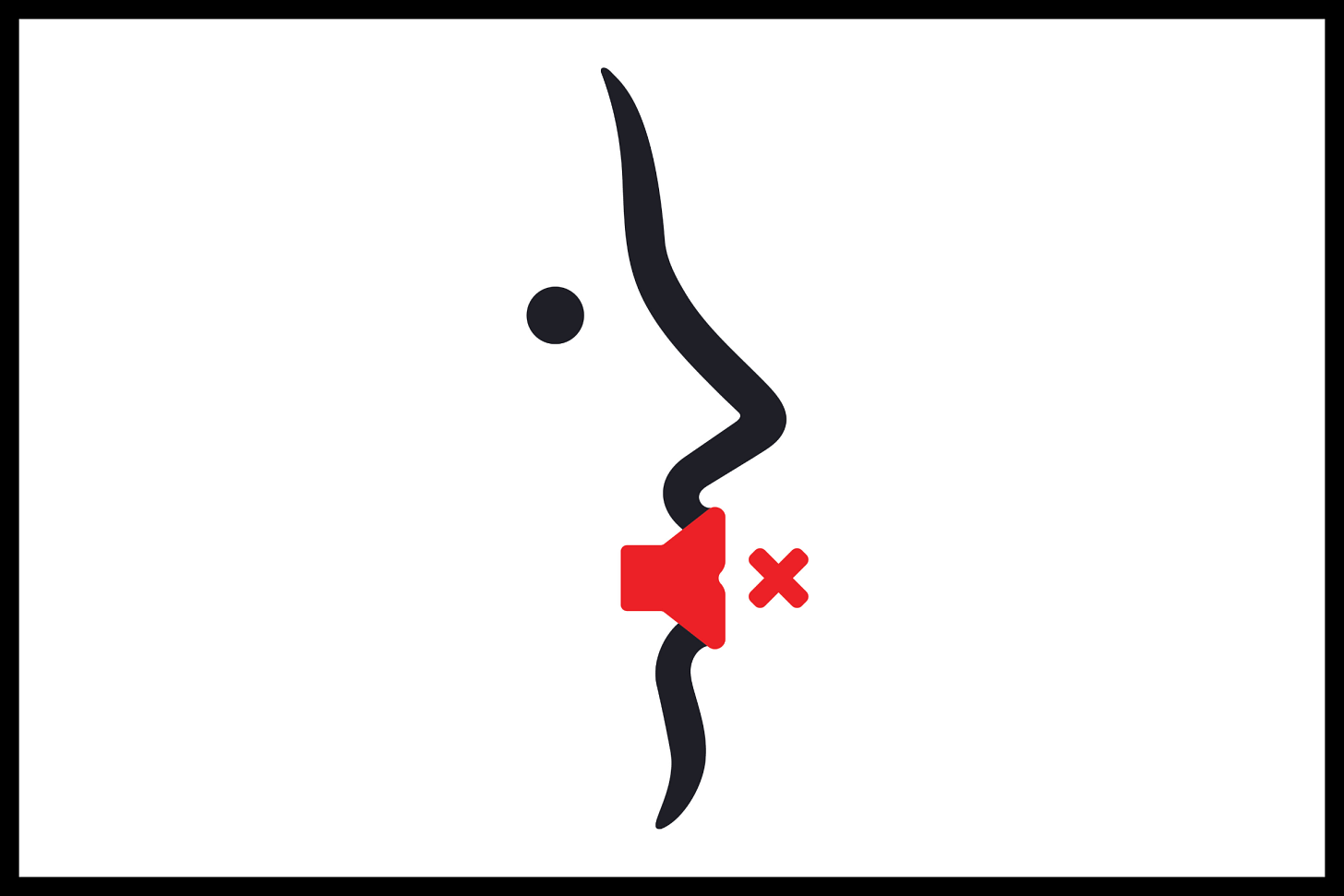I wish I were the strong silent type. I wish I could just nod sagely at the person talking, occasionally making comforting “Mm” sounds instead of always offering a take of my own.
I’ve met people who are like that. They’re not only great listeners, but when they do speak, they’re often wise, empathetic and funny. They also have many friends and their bank accounts are full.
I wouldn’t say I’ve got what communication academics call “talkaholism”, but I’m still an over-talker. A silence filler. Someone who thinks he’s constantly hosting a TV talk show and needs to keep the banter flowing.
Journalist Dan Lyons, a self-diagnosed talkaholic, whose over-talking lost him his job and nearly ruined his marriage, went on a pilgrimage to find out what caused him to talk so much and what he could do about it. After reading many papers on the subject, he wound up at Miami University where Professor Michael Beatty told him overtalking was a biological phenomenon.
Writes Lyons:
In 2010, Beatty and his colleagues discovered that talkativeness is linked to brain-wave imbalances. Specifically, it’s about the balance between neuron activity in the left and right lobes in the anterior region of the prefrontal cortex. Ideally, the left and right lobe should have about the same amount of neuronal activity when a person is at rest. If your left side is more active than the right—you’re likely to be shy. If the right side is more active, you’re likely to be talkative. The greater the imbalance, the further out on the talkativeness spectrum you will tend to be.
I found Beattie’s research helpful. But nowhere did it say *how* to stop talking so much.
That’s because he says there isn’t a cure. You pretty much need to invent your own guidelines.
So with me, I’ve noticed that when I’m talking too much, my pulse is nearing 90 beats per minute. That’s up from a resting pulse rate of 60. So if I concentrate on breathing deeply and bringing my pulse rate down, then my desire to talk decreases. But here’s the thing, in a social situation, I don’t notice my pulse has climbed to 90. It does it by stealth. And I don’t notice I’ve said too much until I see the looks on other people’s faces.
It’s just about calming myself before entering a social situation. Also, if an interaction isn’t chiming, then I have to tell myself that making it chime is not my responsibility. I should be comfortable with silences. They’re not my fault. They’re no one’s fault. They’re just silences. I should ask questions instead of make statements. I should just be bloody interested.
But maybe you don’t need to be as earnest in your approach to talking less. No one you’re conversing with really knows what you’re thinking, so why not consider the more entertaining method championed by former Cheers showrunner Rob Long? He said he cut back on his over-talking by pretending he was a therapist and everyone around him had unpredictable mental health issues that could only be managed by allowing them to talk until they were tired. Long says if you do that - you won’t regret it because “the opposite of talking isn't listening. The opposite of talking is winning.”




Speaking as someone who's endured a childhood and a relationship with these silent men types, I say a talkative man is a breath of fresh air, if they brush their teeth well >D ... I married my talkative man, mostly because of his conversing, I felt I could trust him completely ... I don't think a silent, non-talkative character is necessarily a strong one - they're too afraid to share their feelings and opinions, or worse, don't have any, and they hide secrets. But yes, its all about finding the balance.